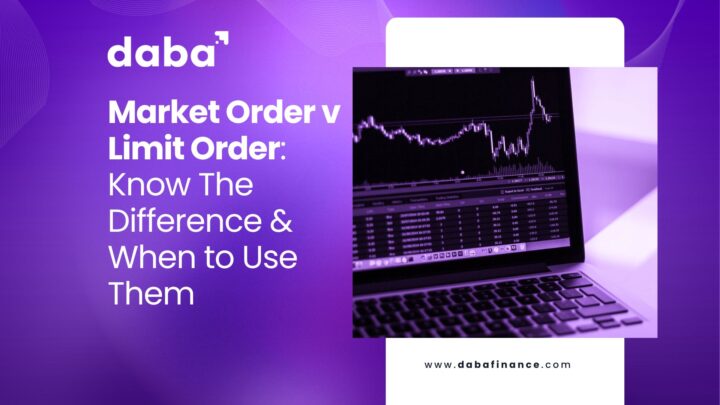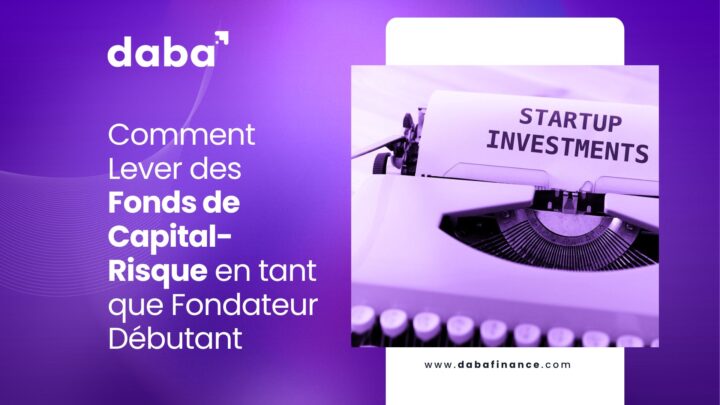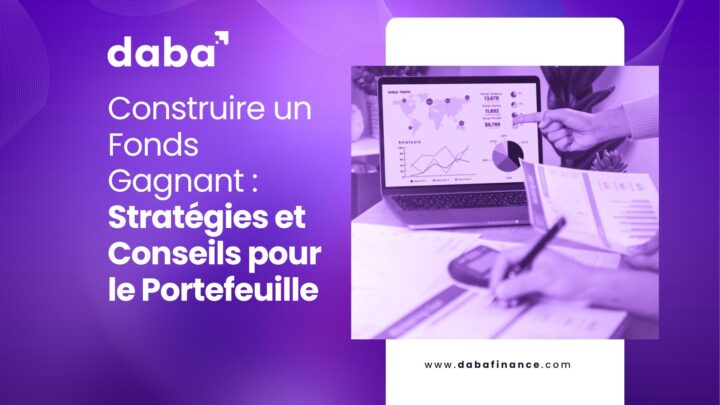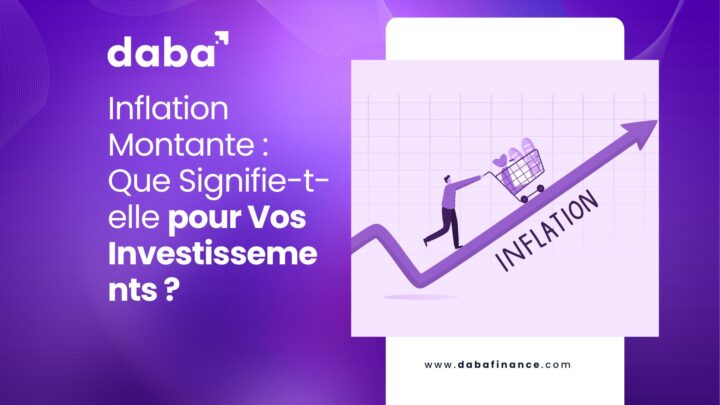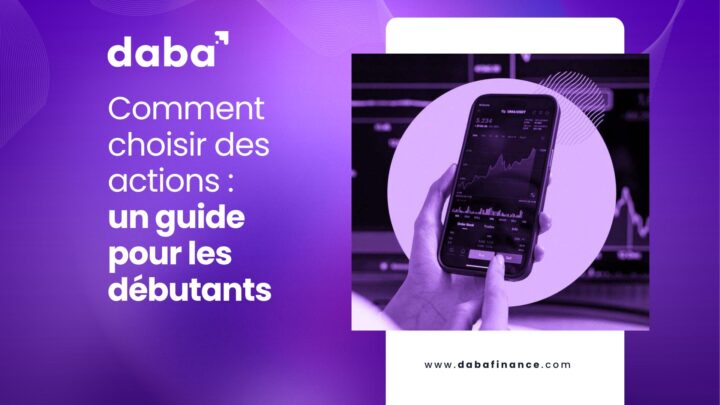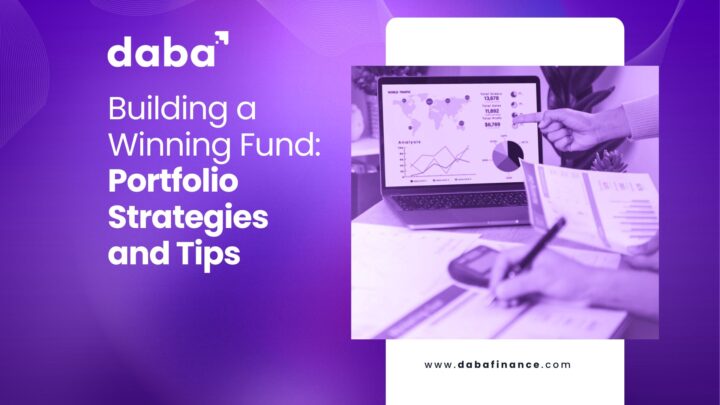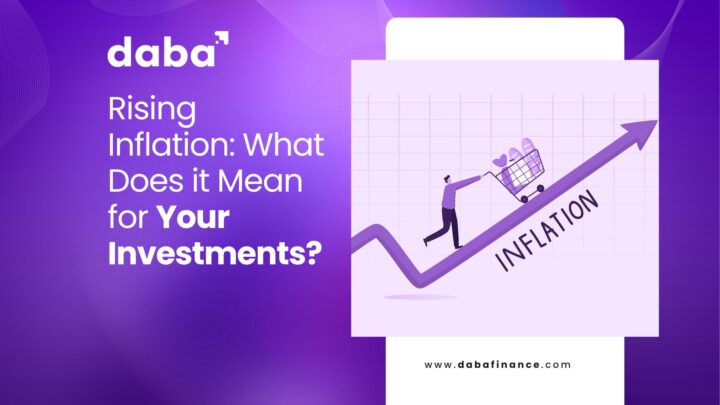Market orders provide speed and simplicity while limit orders offer control and protection. Many investors use both to optimize their trading strategies.
Investing in stocks can be an excellent way to build wealth over time. However, understanding the mechanics of placing trades is crucial for successful investing.
Two common types of orders investors use are market orders and limit orders. This blog will explain the differences between these order types, their advantages and disadvantages, and when to use them.
Understanding Market Orders
A market order is the most straightforward type of order. When you place a market order, you instruct your broker to buy or sell a stock immediately at the best available current price. Market orders are executed quickly, which is their primary advantage.
For example, if you want to buy shares of a company and you place a market order, your trade will be executed at the current market price. This means if the stock is trading at $50 per share, you will buy it at that price or very close to it.
Advantages of Market Orders:
Speed: Market orders are executed almost instantly.
Simplicity: They are easy to place and don’t require setting a specific price.
Disadvantages of Market Orders:
Price Uncertainty: The final execution price may differ from the last traded price, especially in volatile markets.
Higher Costs: In fast-moving markets, you might end up paying more than anticipated for a buy order or selling for less than anticipated for a sell order.
Also Read: How to Pick a Stock: A Guide For Beginners
Understanding Limit Orders
A limit order allows you to specify the price at which you want to buy or sell a stock.
For a buy limit order, you set the maximum price you are willing to pay, and the order will only execute if the stock’s price falls to or below that level. For a sell limit order, you set the minimum price you are willing to accept, and the order will execute only if the stock’s price rises to or above that level.
For example, if you want to buy shares of a company but believe the current price of $50 is too high, you can place a buy limit order at $45. The trade will only execute if the stock price drops to $45 or lower.
Advantages of Limit Orders:
Price Control: You have control over the price at which your order is executed.
Protection: Limit orders can protect you from buying at too high a price or selling at too low a price.
Disadvantages of Limit Orders:
Execution Uncertainty: There’s no guarantee that the order will be executed if the stock doesn’t reach your specified price.
Complexity: Limit orders require more attention and understanding of the market conditions.
When to Use Market Orders
Market orders are best used when:
Speed is essential: You need to execute a trade quickly, and the exact price is less important.
Highly Liquid Stocks: The stock is highly liquid with tight bid-ask spreads, meaning the price difference between buying and selling is minimal.
Urgent Trading Decisions: You want to enter or exit a position immediately without concern for slight price variations.
For instance, if you’re using the Daba app to invest in African stocks, and you see a sudden opportunity or need to sell quickly due to market news, a market order can help you act swiftly.
Also Read: What is an Index? A Beginner’s Guide to Stock Markets
When to Use Limit Orders
Limit orders are best used when:
Price Control is Crucial: You want to buy or sell at a specific price or better.
Volatile Markets: The stock is volatile, and you want to avoid buying at a peak or selling at a trough.
Illiquid Stocks: The stock is less liquid, and you want to ensure a fair price for your trade.
On Daba for instance, you might find a promising company listed on the BRVM exchange. If you believe the current price is too high but anticipate a drop, placing a limit order ensures you only buy at the price you’re comfortable with.
Combining Orders for Effective Trading
Many experienced investors use a combination of market and limit orders to optimize their trading strategies.
For example, they might place a limit order to buy a stock at a lower price while setting a market order to sell if the stock reaches a certain high price quickly.
Daba Pro offers advanced trading tools and insights, helping you decide when to use market orders versus limit orders. With Daba Pro, you can access detailed market analysis and expert advice to refine your trading strategy, ensuring you make well-informed decisions.
Practical Tips for Using Market and Limit Orders
Monitor Market Conditions: Keep an eye on market trends and news that could affect stock prices.
Set Realistic Prices: When placing limit orders, set prices that reflect market conditions and realistic expectations.
Review Your Orders: Regularly review and adjust your orders as needed to respond to changing market conditions.
With Daba, you can easily track market trends, review your portfolio, and adjust your orders. The platform’s user-friendly interface ensures you stay informed and in control of your investments.
Conclusion
Understanding the differences between market orders and limit orders is essential for any investor. Market orders provide speed and simplicity, making them ideal for quick trades in liquid markets. Limit orders offer control and protection, making them suitable for volatile or illiquid markets.
Whether you’re a seasoned investor or new to the world of investing, the Daba app offers the tools and services you need to make informed decisions. From real-time market data to expert insights with Daba Pro, our platform is designed to help you navigate the complex and dynamic world of investing in African stocks with confidence and clarity.
Get the Daba app today to enhance your trading strategies and make the most of your investments.
